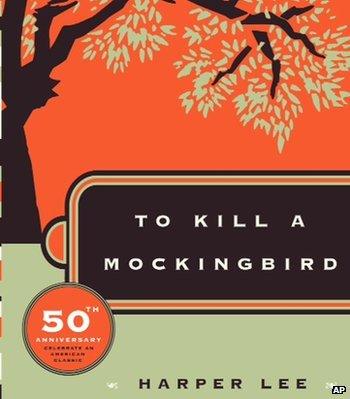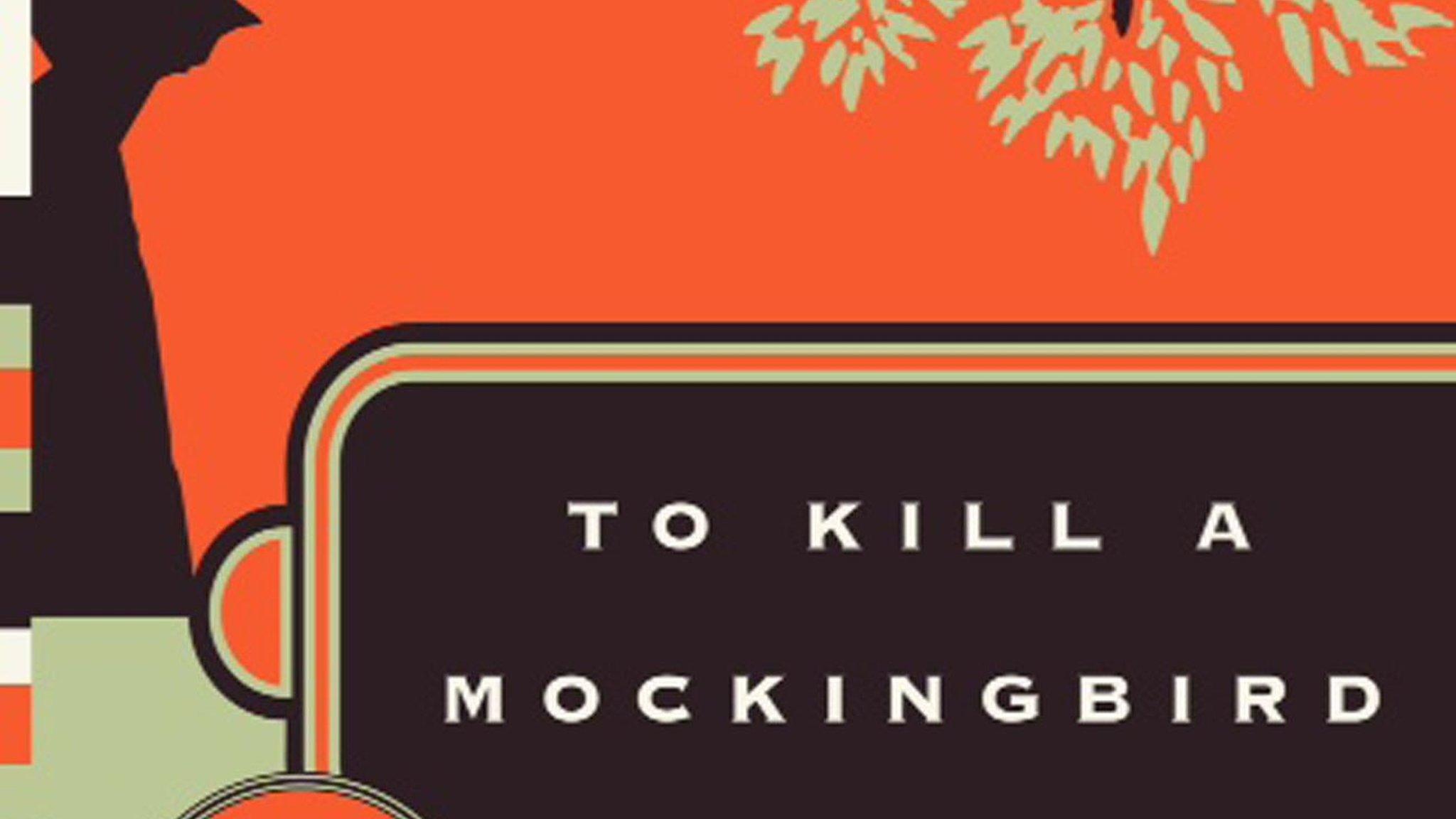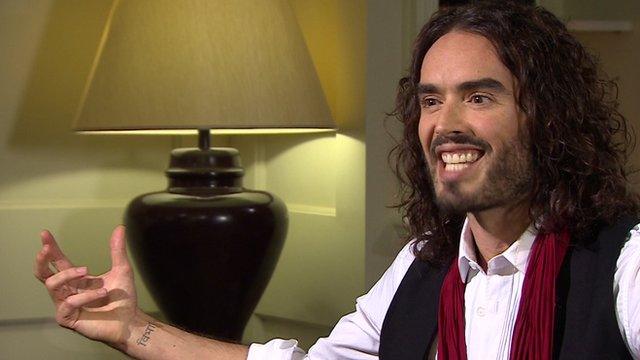Gove rebuts claims of American author ban
- Published

Reports over the weekend suggested books such as To Kill a Mockingbird were not favoured by Michael Gove
Education Secretary Michael Gove has hit back at "culture warriors" who he says have wrongly accused him of banning American novels at GCSE level.
Exam board OCR said it had left texts such as Of Mice and Men and To Kill a Mockingbird Bird off its English GCSE because of new guidelines from Mr Gove.
Responding in the Daily Telegraph, Mr Gove denied he had banned American authors in general or John Steinbeck.
"I have not banned anything. Nor has anyone else," he wrote.
"All we are doing is asking exam boards to broaden - not narrow - the books young people study for GCSE."
Newspaper reports on Sunday said Paul Dodd, OCR's head of GCSE and A-Level reform, had suggested Mr Gove "had a particular dislike for Of Mice and Men and was disappointed that more than 90% of candidates were studying it".
OCR said the decision to drop the works by American authors was because of the Department for Educations's desire for the exam to be more "more focused on tradition" and there were fewer opportunities to include them in the new syllabus.
'I read and loved them as a child'
In a Telegraph article on Tuesday, Mr Gove responded: "Do I think Of Mice and Men, Lord of the Flies and To Kill a Mockingbird are bad books? Of course not.
"I read and loved them as a child. And I want children in the future to be able to read them all. But sometimes a rogue meme can be halfway round the world before the truth has got its boots on.
"Just because one chap at one exam board claimed I didn't like Of Mice and Men, the myth took hold that it - and every other pesky American author - has been banned."

Mr Gove said he was an Americanophile
The education secretary criticised those who used social media to hit out at his supposed ban.
"And without waiting to do anything as mundane as checking the facts, a host of culture warriors have taken to Twitter to denounce this literary isolationism.
"As an English literature graduate - and indeed unabashed Americanophile - I am rather pleased on one level that so many rhetorical swords should have leapt from their scabbards to defend both literature and the unity of the Anglosphere.
"But sadly I can't take too much delight in these protestations of literary affection. Because they are - in more than just one sense - rooted in fiction."
Rigour
The new English Literature GCSE subject framework, published in December, requires syllabuses to include at least one play by William Shakespeare, work by the Romantic poets, a 19th Century novel, poetry since 1850 and a 20th Century novel or drama.
The DfE has claimed that previous English Literature GCSEs were "not rigorous enough" and their content was too narrow.
In his article, Mr Gove complained that in a recent year 280,000 candidates had studied just one novel for exam board AQA's English GCSE.
More than 190,000 of these had read Of Mice And Men, he claimed, with most remaining pupils studying other 20th century texts such as Lord Of The Flies.
But the numbers reading novels written before 1900, such as Pride and Prejudice, were "tiny in comparison, around 1% of the total", he added.
Mr Gove said England had "the best generation of young teachers ever" and that the new English Literature GCSE had been designed "with them in mind".
Petition
But Mary Stevens, an English teacher from Abingdon, said the new guidelines meant teachers were more restricted in what they could teach.
Ms Stevens has set up an online petition on the website change.org in protest at the changes to the GCSE English syllabus.
"By telling us we have to teach romantic poets, a 19th century novel, a Shakespeare play and a British text, he is taking choice away from teachers - that is the reality.
"This doesn't broaden the curriculum in real terms. Our perception is that Michael Gove has made these changes based on his personal opinion.
"We feel that important changes in policy should be informed by expert research, including teachers who are actually delivering the curriculum."
- Published25 May 2014

- Published6 May 2014

- Published21 June 2010
- Published25 March 2011